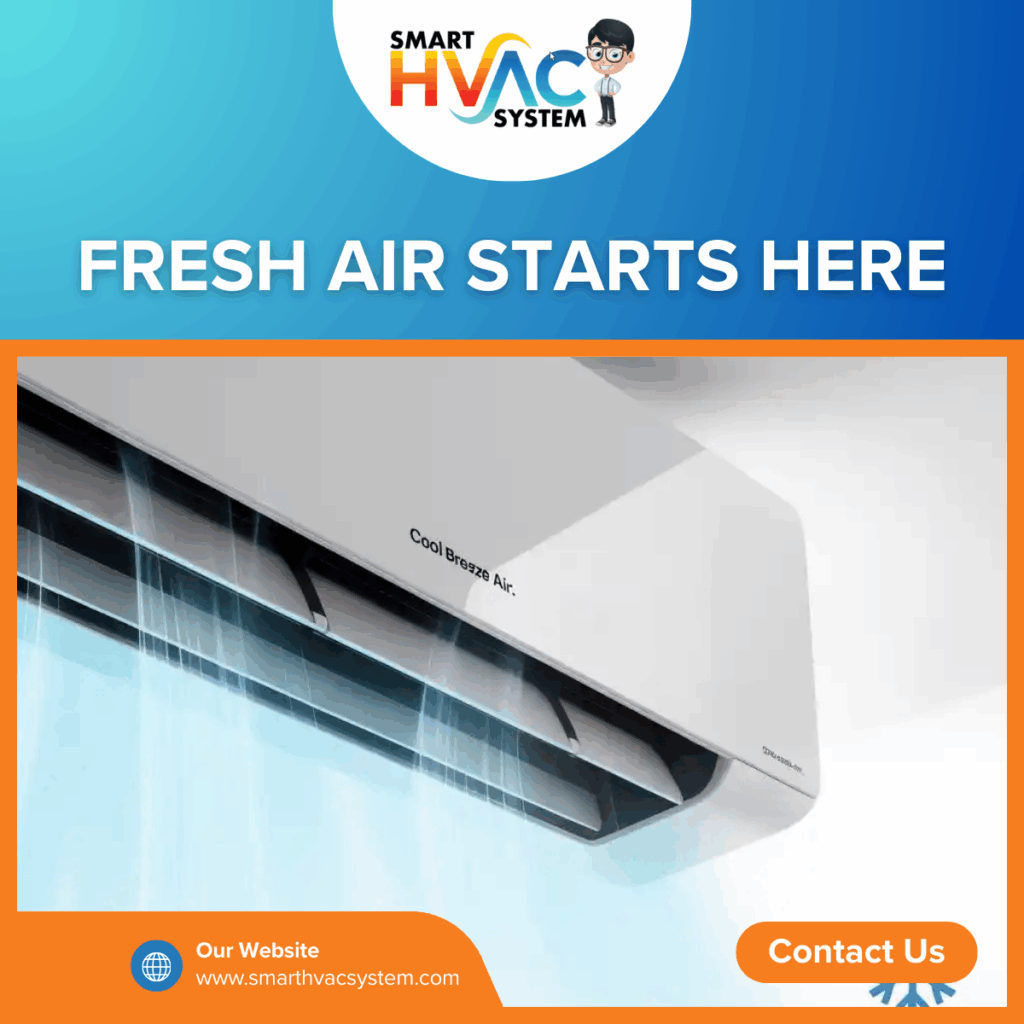When your air conditioner starts to act up, you’re faced with a tough decision: should you repair it or replace it? While a quick fix may seem like the more affordable option, it’s not always the best long-term solution. On the other hand, installing a new unit is a significant investment—but it may save you money in the long run.
Let’s break down the key factors to consider when deciding whether AC repair or replacement is the right move for your home and budget.
1. Age of Your Air Conditioner
The average lifespan of a central air conditioner is about 10–15 years. If your unit is nearing or beyond that range, it may be more cost-effective to replace it, especially if it’s requiring frequent repairs or underperforming.
Guideline:
-
- Under 10 years old? Consider repairing it.
-
- Over 12–15 years old? It’s usually time to replace it.
Pro Tip: Even if your older unit still functions, newer HVAC systems are far more energy-efficient, which means lower energy bills and improved comfort.
2. Frequency and Cost of Repairs
One occasional repair doesn’t necessarily justify a full replacement. But if you’re calling an HVAC technician multiple times a year, those repair bills can quickly add up.
Rule of Thumb:
If the cost of repairs exceeds 50% of the cost of a new air conditioning unit, it’s typically smarter to replace it.
Bonus Tip: Ask your technician about the AC compressor—a failing compressor is one of the most expensive repairs and usually signals that replacement is more cost-effective.
3. Energy Efficiency and Utility Bills
If your cooling system is more than a decade old, chances are it has a lower SEER (Seasonal Energy Efficiency Ratio) rating than modern units. Older units often operate at 10 SEER or below, while new models must be at least 14 SEER—and high-efficiency systems can reach 20+.
Signs You’re Losing Efficiency:
-
- Increasing monthly energy bills
-
- System runs constantly to maintain temperature
-
- Inconsistent cooling throughout the house
Upgrade Advantage:
A newer, high-efficiency air conditioner can reduce your energy usage by up to 30–50%, depending on your home and climate.
4. Comfort and Performance Issues
Is your home cooling unevenly? Are some rooms hot while others are chilly? Does the unit take a long time to reach your desired temperature?
These issues could be caused by aging components, refrigerant leaks, or outdated HVAC design. If your comfort is consistently compromised, it may be time to move beyond temporary fixes.
Consider Replacement If:
-
- Your unit can’t keep up with demand
-
- You’ve already repaired major components
-
- You want to upgrade to zoned cooling or a ductless mini-split system
5. Refrigerant Type (R-22 vs. R-410A)
Older air conditioning systems often use R-22 (Freon), a refrigerant that has been phased out due to environmental concerns. It’s now expensive and hard to find. Newer systems use R-410A, which is more efficient and environmentally friendly.
If your AC still uses R-22:
-
- Repairs will be expensive due to refrigerant costs
-
- Replacement is usually the better long-term solution
6. Home Renovation or Expansion
If you’re remodeling your home or adding new living space, your current AC unit may not be powerful enough to handle the increased cooling load.
Upgrade Benefits:
-
- Proper sizing for new square footage
-
- Opportunity to switch to zoned air conditioning
-
- Integration with smart thermostats and modern controls
When to Call a Professional
It’s not always easy to make the call on your own. A licensed HVAC technician can evaluate your system and help you compare costs and performance. They’ll also conduct load calculations and efficiency assessments to guide your decision.
Final Thoughts
Deciding between air conditioner repair or replacement doesn’t have to be a guessing game. Keep these factors in mind:
-
- Age of the unit
-
- Repair costs and frequency
-
- Energy efficiency and performance
-
- Type of refrigerant used
-
- Overall comfort in your home
In many cases, investing in a new HVAC system brings better comfort, peace of mind, and lower utility bills. But if your system is relatively new and the issue is minor, a targeted repair may be all you need.
READ MORE:

